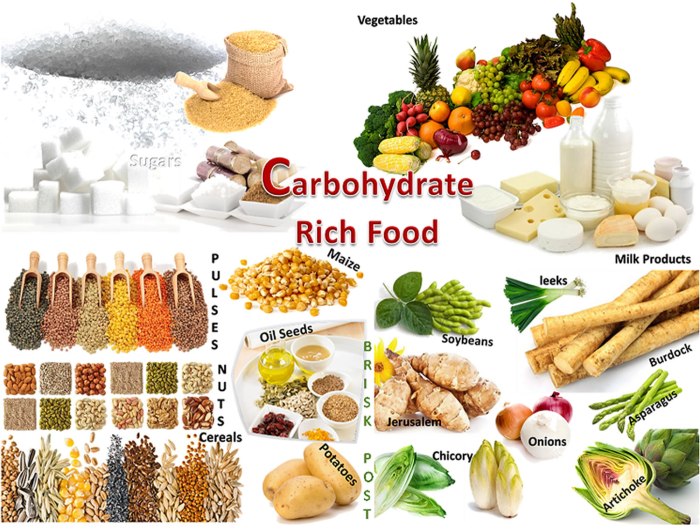Hormones are derived from all of the following macromolecules except: this statement sets the stage for an exploration into the diverse origins of these signaling molecules. Hormones, the chemical messengers of our bodies, orchestrate a vast array of physiological processes.
Understanding their molecular roots is crucial for unraveling their intricate roles in maintaining homeostasis and coordinating bodily functions.
This discourse delves into the macromolecules that give rise to hormones, examining their structural characteristics and the specific hormones they produce. We will also uncover the exceptional macromolecule from which hormones are notably absent, exploring the reasons behind this exclusion and the alternative molecules it generates.
Hormones: Their Macromolecular Origins

Hormones are chemical messengers that regulate a wide range of physiological processes in the body. They are derived from various macromolecules, each with distinct structural characteristics.
Macromolecules that Hormones Are Derived From
The macromolecules that hormones are derived from include:
- Proteins
- Peptides
- Steroids
- Eicosanoids
Proteins
Protein hormones are composed of amino acid chains. They are typically large molecules with complex structures. Examples of protein hormones include insulin, growth hormone, and prolactin.
Peptides
Peptide hormones are shorter chains of amino acids than protein hormones. They are typically composed of 2 to 50 amino acids. Examples of peptide hormones include oxytocin, vasopressin, and glucagon.
Steroids
Steroid hormones are derived from cholesterol. They have a characteristic four-ring structure. Examples of steroid hormones include cortisol, testosterone, and estrogen.
Eicosanoids
Eicosanoids are derived from arachidonic acid. They are lipids that have a variety of physiological effects. Examples of eicosanoids include prostaglandins, thromboxanes, and leukotrienes.
Macromolecule that Hormones Are NOT Derived From
Carbohydrates are the only major macromolecule that hormones are not derived from.
Carbohydrates are composed of sugars. They are used by the body for energy and as structural components. They do not have the necessary chemical properties to act as hormones.
Table of Macromolecule Types and Hormones
| Macromolecule Type | Hormone Examples | Structural Characteristics |
|---|---|---|
| Proteins | Insulin, growth hormone, prolactin | Chains of amino acids |
| Peptides | Oxytocin, vasopressin, glucagon | Shorter chains of amino acids than proteins |
| Steroids | Cortisol, testosterone, estrogen | Four-ring structure derived from cholesterol |
| Eicosanoids | Prostaglandins, thromboxanes, leukotrienes | Lipids derived from arachidonic acid |
Types of Hormones, Hormones are derived from all of the following macromolecules except
Hormones can be classified into several types based on their macromolecular origin:
- Protein hormones: Insulin, growth hormone, prolactin
- Peptide hormones: Oxytocin, vasopressin, glucagon
- Steroid hormones: Cortisol, testosterone, estrogen
- Eicosanoid hormones: Prostaglandins, thromboxanes, leukotrienes
Role of Hormones in the Body
Hormones play a crucial role in regulating various bodily processes, including:
- Metabolism
- Growth and development
- Reproduction
- Mood and behavior
- Immune function
Hormones are secreted by endocrine glands and travel through the bloodstream to target cells. They bind to specific receptors on the target cells, triggering a cascade of intracellular events that lead to a physiological response.
FAQ Resource: Hormones Are Derived From All Of The Following Macromolecules Except
What is the primary function of hormones?
Hormones act as chemical messengers, transmitting signals between cells, tissues, and organs to coordinate various physiological processes.
Name the macromolecule from which hormones are not derived.
Carbohydrates
Provide an example of a hormone derived from lipids.
Testosterone


